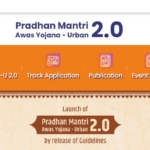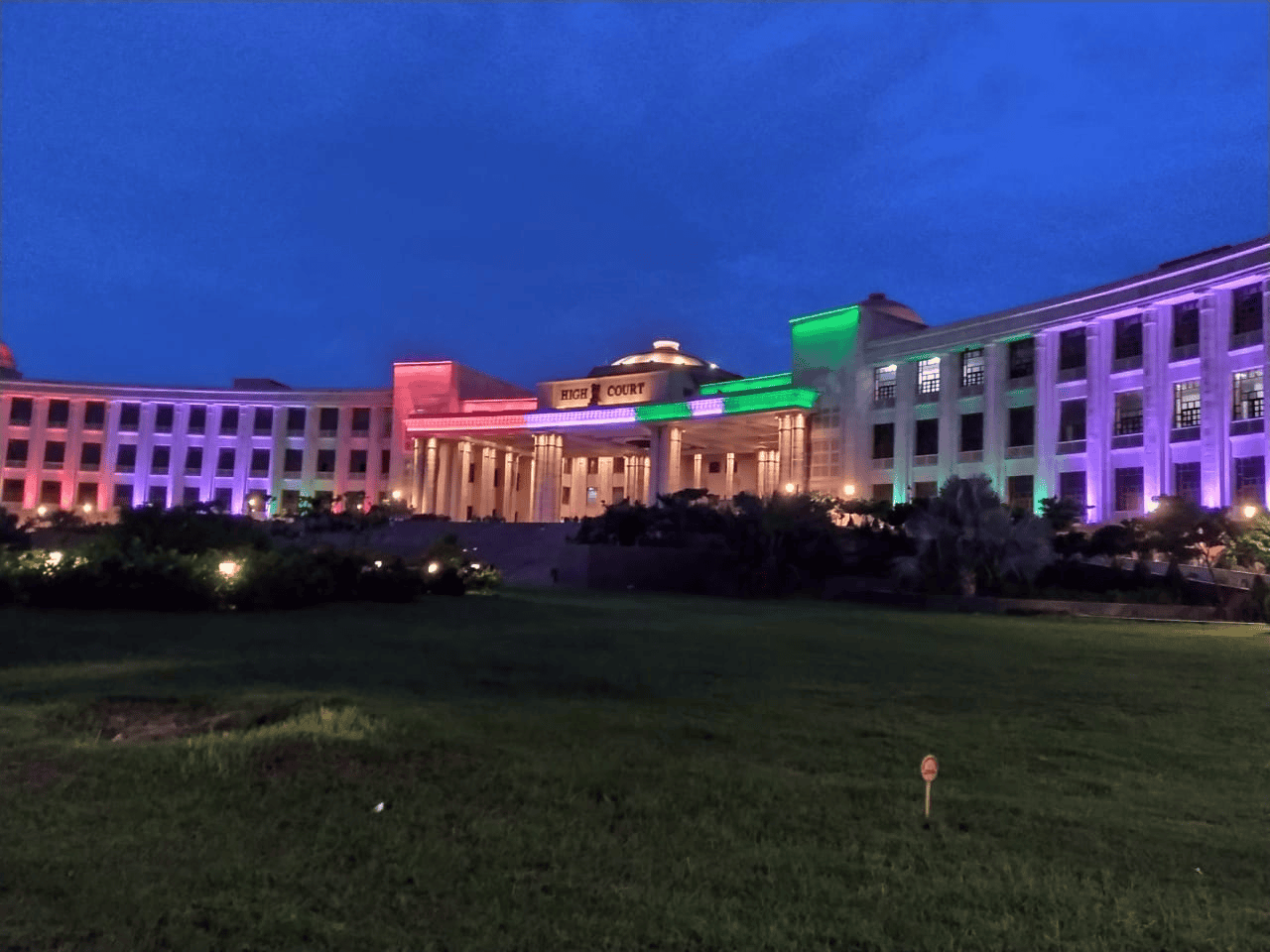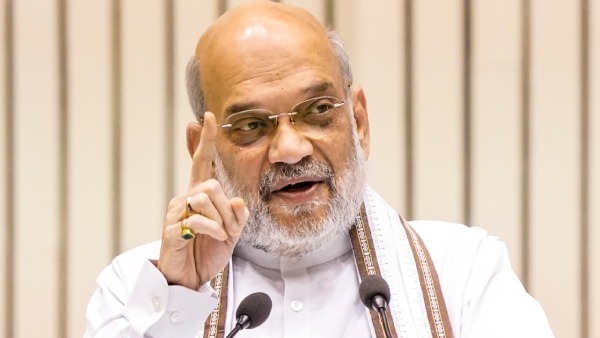
The Allahabad High Court recently scrutinized an interfaith couple’s plea to validate their live-in relationship. The court observed that the man, who is Muslim, was already married and had a five-year-old child with his lawful wife.
The judges, Justices Attau Rahman Masoodi and Ajai Kumar Srivastava demonstrated their impartiality by stating, “The religious beliefs of the man, which are deeply rooted in Islamic principles, do not permit a live-in relationship while he is already married.” They emphasized that Islamic principles, which are a significant part of his identity, do not sanction such arrangements, especially when there is an existing marital bond. They further stated that constitutional protection cannot support such rights when customs and traditions, which are integral to his community, prohibit such relationships.
The court upheld the importance of considering the rights of the man’s legal wife and the welfare of their child, but it also took into account the woman’s situation. It firmly stated that continuing the live-in relationship as requested by the couple would be inappropriate, as it would disregard established social and constitutional norms regarding marriage. The court’s decision was guided by the principle of ensuring the child’s best interests, a fundamental aspect of family law.
This ruling came in response to a subsequent petition filed by the couple, who sought to dismiss a case brought against the man by the woman’s family on April 24, 2024. They also requested protection and liberties for their lives. However, their counsel withdrew their initial petition, filed on April 25, with the option to file a fresh one later.

The court discovered discrepancies in the man’s claims, as he asserted that his first wife had no objections to his live-in relationship due to her illness and that he had issued ‘triple talaq’ to her. However, it was revealed that his first wife was residing with her in-laws in Mumbai, contradicting his statements.
The court remarked that the situation might have been different if the couple were unmarried and of legal age, choosing to lead their lives as they wished. In such cases, constitutional morality could prevail over social customs and traditions.
However, the court clarified its stance, affirming that while customs and traditions hold legal weight, constitutional protection cannot override them when they prohibit specific relationships, as in this case. This stance reflects the court’s commitment to upholding the law, even when it may conflict with societal norms. It underscores the court’s role in maintaining the balance between tradition and progress.
Ultimately, the court denied the relief sought by the couple and issued specific instructions to the investigating officer. The officer was ordered to safely escort the woman to her parental home and report to the court regarding her handover to her parents. This detailed instruction provides a clear understanding of the court’s expectations and the necessary actions in this case.











